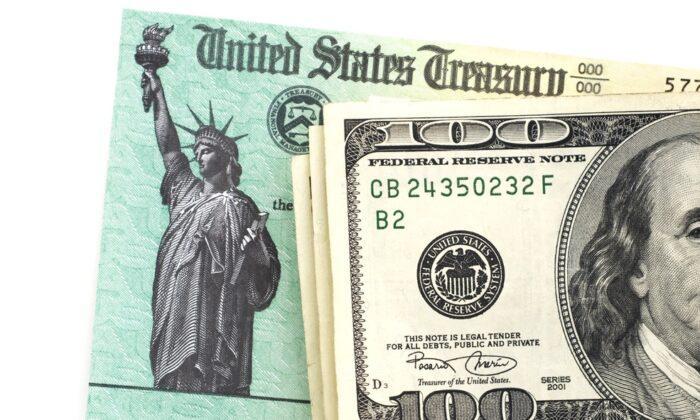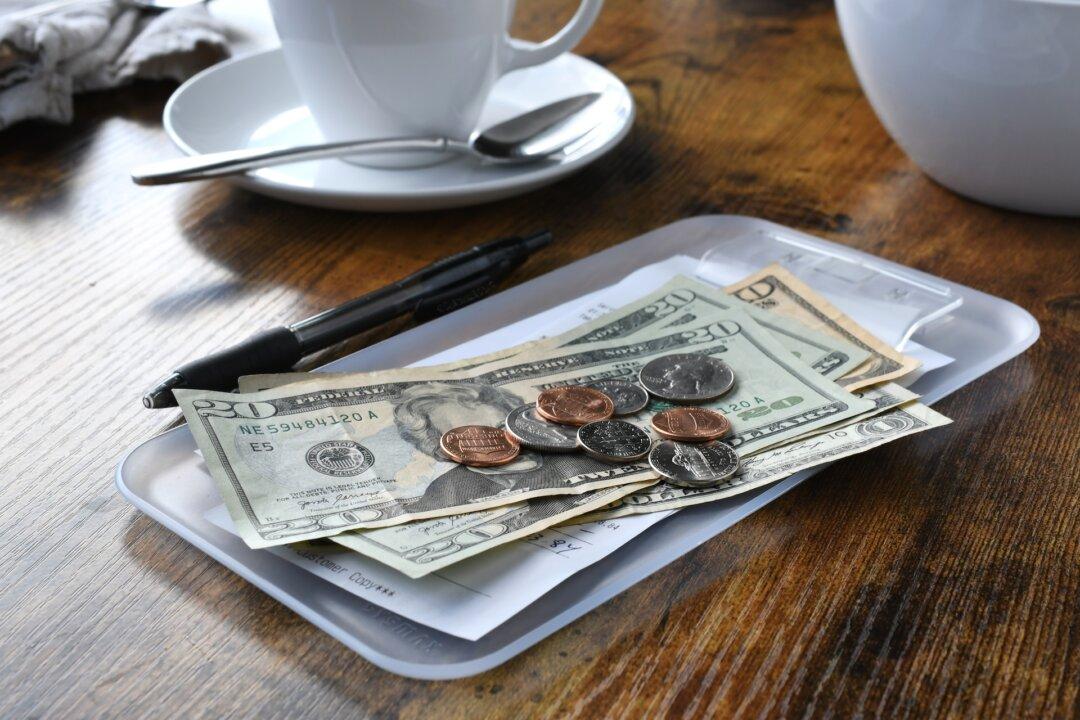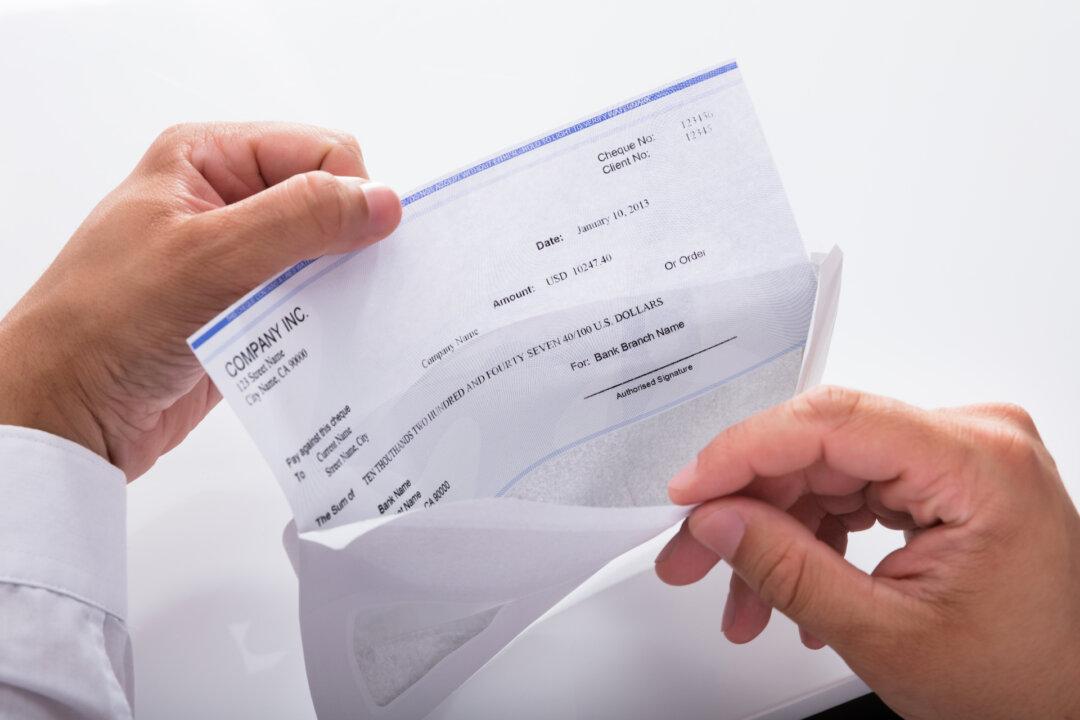Discovering that you'll be getting a tax refund is certainly not the worst news you’ve had in your life. In fact, it’s easy to see a tax refund as some kind of gift from the universe. You might even be feeling kind of proud of your forced savings account, to which you knowingly contribute every payday while living from paycheck to paycheck and relying on credit to make ends meet.
But here’s the truth: A tax refund isn’t a gift. It’s part of every paycheck you should have been getting all along. It’s not a saver’s reward. You overpaid your taxes. Plan now for how you'll manage that check, or your tax refund could evaporate into thin air.
Get smart. Change your withholding (use an online calculator to determine the amount you should be having withheld, along with instructions on how to change it). Your goal is to neither owe nor be owed at the end of the year. A big tax refund is not a good thing! If you can come within $100 of that goal, you’re golden.
But wait, you’re not done. Lock eyeballs with the additional amount you see in your next paycheck—the amount you will not be sending to the IRS to hold onto for you. Do what good money managers do: Create an automatic deposit authorization at your bank or credit union for that amount to be transferred into your savings account. Out of sight, out of mind. If you leave it in your checking account, I promise it will simply evaporate in your routine spending. Now is your opportunity to act responsibly.
No. 1: Create an Emergency Fund
It’s easy. Take the check to your bank, and use it to open a savings account. Then walk away and leave it alone, knowing that you have a fallback if something serious and unexpected happens that you absolutely cannot cover with your regular income. You might lose your job and need to keep food on the table and the bills paid for a few weeks while you make the transition. You may lose a friend or relative five states away and the trip is more than you can handle without going into debt.No. 2: Pay Off a Debt
If you have your emergency fund established, consider using that refund to pay off a debt like the balance on a credit card account or student loan bill. Just do it before you think of a dozen ways to fritter away that refund money.No. 3: Open an IRA
Using the refund to improve an existing retirement account or to start a new one could be the smartest thing you can possibly do with it. Once you’ve done that, it will sit there and earn a solid return each and every year, with the balance compounding and growing until you reach retirement age.No. 4: Anticipate What’s Coming
How emergency-prepared are you with a supply of nonperishable food and water? Do you have a solar generator in the event of a power outage? Or are you ready to replace a major item like a car whose imminent demise is looming large? Use this tax refund to get ready for it. Putting money aside in anticipation of a specific need is really smart. That’s what money managers do. They see the big picture and plan accordingly.No. 5: Invest in Your Future
If this tax refund is money you will not need for at least 10 years, put it to work in the stock market. Take the plunge; trust your decision, and don’t look back.Because you are investing for the long haul—not jumping in and out of the market—you can rest and relax knowing that you are making your financial future better, no matter what happens. You will be in better shape than you would have been had you spent that tax refund check wastefully. That means less money stress and fewer worries to keep you up at night.
Don’t know how to get started? I commend to you Mike Piper, certified public accountant, author, and investor. First, read his book, “Investing Made Simple.” It’s simple, easy-to-understand, and fewer than 100 pages for those of us with the attention span of a gnat.






Friends Read Free